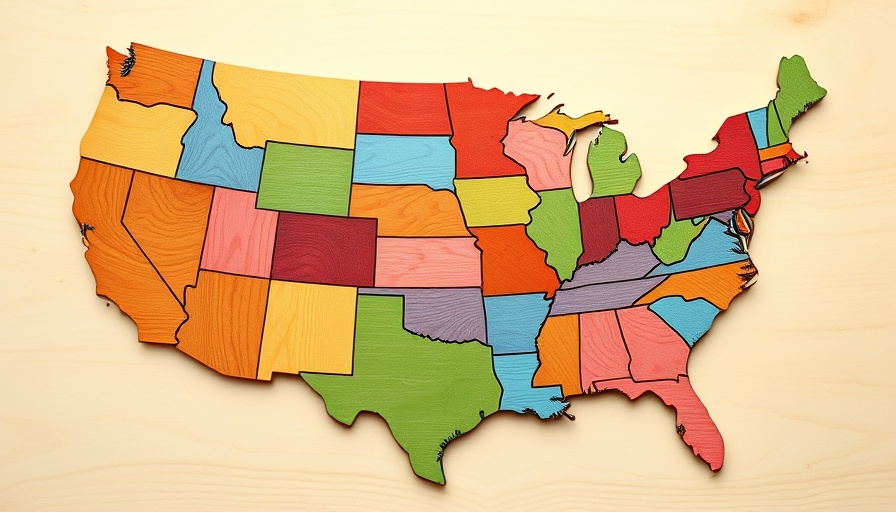
The Impacts of the One Big Beautiful Bill on State Taxes
The recently enacted One Big Beautiful Bill Act (OBBBA) introduces significant changes to federal tax policies, many of which ripple through to state tax codes across the country. This article aims to unpack these state tax implications in a way that is accessible and clear for all readers.
Understanding State Conformity to Federal Tax Reforms
States typically align their tax codes with the Internal Revenue Code, which means changes at the federal level can directly impact state income tax systems. In the case of the OBBBA, some states may incorporate the new provisions outright while others might opt to decouple from certain elements. This decision-making process will largely dictate how quickly and effectively state tax policies can respond to the changes introduced by the bill.
Personal Deductions and State Property Tax Changes
Among the most essential provisions is the increase in personal deductions, particularly the enhanced temporary standard deduction for seniors and other specific deductions. States leveraging federal taxable income for their own tax calculations will see these adjustments flow through, potentially resulting in notable shifts in state revenue. For example, 18 states have already anticipated adjusting their property tax deductions to align with these new federal standards.
Business Expensing Provisions: A Growth Opportunity
The renewed emphasis on full expensing for machinery and equipment is poised to have a significant economic impact across 17 states. By allowing businesses to deduct the full cost of qualified investments immediately, the OBBBA encourages more companies to invest in new technologies, thereby boosting productivity and job creation. This part of the bill could inspire states to revisit their tax incentives to foster an environment conducive to business growth.
Looking Ahead: Future Predictions on Tax Revenue
Beginning in fiscal year 2028, new limitations on Medicaid provider taxes are expected to reduce federal matching funds for states, which could present challenges for funding local healthcare initiatives. As these changes unfold, states will need to adeptly navigate their fiscal landscapes, adjusting their tax codes and strategies to maintain balance and ensure necessary revenue streams.
Staying informed about these shifts in tax policy offers tremendous value. As taxpayers or business owners, understanding how the OBBBA influences state taxes can empower you to make more informed financial decisions and advocate for policies that support local economic growth.
 Add Row
Add Row  Add
Add 

 Add Row
Add Row  Add
Add 



Write A Comment